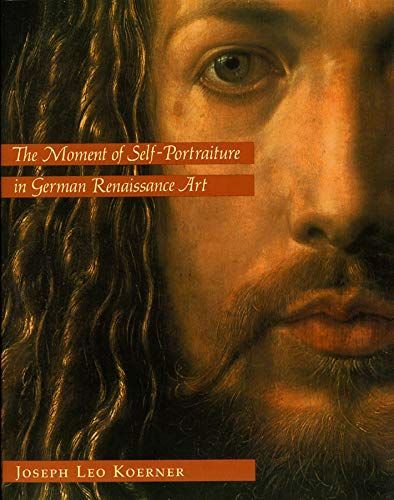
The Moment of Self-Portraiture in German Renaissance Art
So foundational is this invention to modern aesthetics, Koerner argues, that interpreting it takes us to the limits of traditional art-historical method. Self-portraiture becomes legible less through a history leading up to it, or through a sum of contexts that occasion it, than through its historical sight-line to the present. After a thorough examination of Durer's startlingly new self-portraits, the author turns to the work of Baldung, Durer's most gifted pupil, and demonstrates how the apprentice willfully disfigured Durer's vision. Baldung replaced the master's self-portraits with some of the most obscene and bizarre pictures in the history of art. In images of nude witches, animated cadavers, and copulating horses, Baldung portrays the debased self of the viewer as the true subject of art. The Moment of Self-Portraiture thus unfolds as passages from teacher to student, artist to viewer, reception, all within a culture that at once deified and abhorred originality.